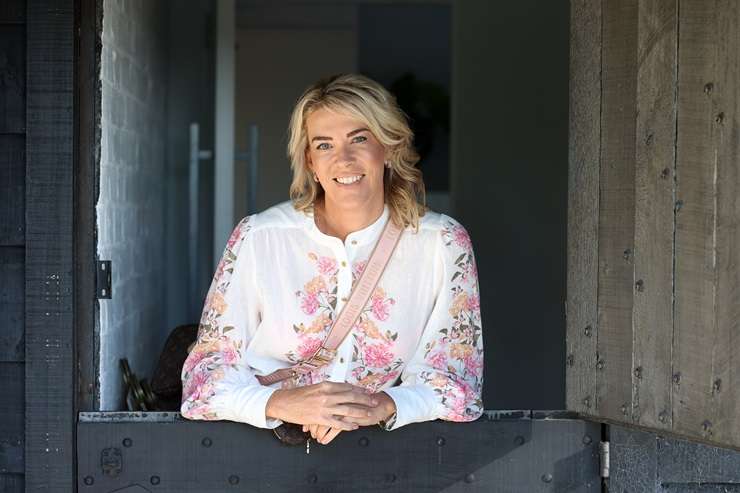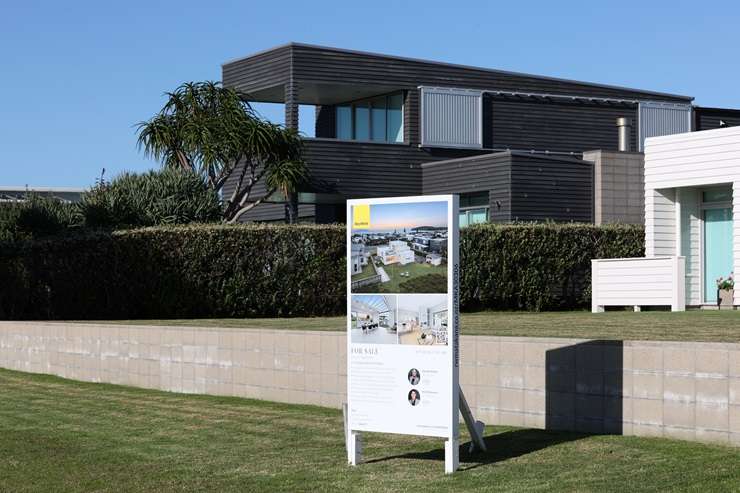The delay of Auckland Council’s property valuations until early next year is unlikely to have any impact on house prices or the housing market in general, say industry spokespeople.
The New Zealand Herald reported this week the council had completed the new valuations, which were taken on May 1, but homeowners would have to wait to find out their new figures as the Office of the Valuer-General had requested additional work.
This is the second time valuations have been delayed in Auckland in recent years. They were last completed when the market was rising fast in 2021 – the interest rate back then was 2.3% – but they were not released for many months.
Research by OneRoof and its data partner Valocity found that the average property value in Auckland fell 4% between the last council valuation, taken on June 2021, and the new valuation, but it remains to be seen if CVs fall in line with the overall market change.
Start your property search
Of the 276 Auckland suburbs covered in the analysis, 88 went up in value between valuations, but 188 went down. The biggest rises were in the northernmost suburbs of Auckland’s Rodney district.
Tawharanui Peninsula’s average property value jumped the most, rising 20.6% between the valuation dates. The next biggest rises were in Te Arai (+15%), Mahurangi East (+14%), Great Barrier Island (+12.8%) and Pohuehue (+11.7%).
The leaps in value could add hundreds of thousands of dollars to the CVs of homes in some suburbs, with the research identifying eight suburbs where the dollar difference was more than $200,000, including the wealthy enclaves of Omaha and Coatesville.
However, for the majority of homeowners, the new CVs are likely to be lower than the ones taken in June 2021. The research found biggest value drops were in Totara Park (-25.6%), Point England (-18.5%), Cornwallis (-15.3%), Ellerslie (-14.6%), and Manurewa East (-14.4%).
Homes in Totara Park suffered the biggest dollar drop between the valuation dates, with the suburb’s average property value down more than half a million dollars to $1.61m. Worse still, the suburb’s average property value dropped a further 10.6% ($171,000) since May.
While changes in property values had real-world implications, Valocity senior research analyst Wayne Shum said homeowners shouldn’t put too much stock in their CV number – whatever it turned out to be.
Discover more:
- Tony Alexander: What the OCR cut means for house prices and your mortgage
- Bach-owners say booking Airbnb fees and 'app tax' are crushing them
- 'Like winning Lotto': Homeowner doubles his money after intense auction
“At the end of the day, it’s designed for rating purposes, not for you to make your purchasing or sales decisions on.”
He said CVs were a snapshot in time, and by the time the new ones were finally issued they would likely be eight months out of date. By that time, interest rates would have dropped further, and the market would have turned.
James Wilson, operations manager at QV, said some property types had held up better than others over the last three years, but overall, market conditions had been soft throughout the Auckland region.
"As a result, some homeowners will see their rating valuations reduce. This will have very little impact on the housing market itself, as rating valuations are calculated only for helping local councils assess an equitable share of rates for the following three-year period."
The rating valuations reflected the likely selling price of a property at the time of revaluation, and in this case that was May 1.

Ray White principal Heather Walton: "I think we have to take CVs with a grain of salt." Photo / Fiona Goodall

Omaha’s average property value has jumped $243,000 between June 2021 and May 2024. Photo / Fiona Goodall
"Any marginal change in the property market since that time will not be reflected - rating valuations are assigned for no other purpose than the equitable distribution of rates over the following three-year period.
"Because rating valuations are for rating purposes, buyers and sellers should use other processes and tools to ascertain a property’s current market value, including valuation reports from registered valuers, market appraisals, or online real-time value estimates like those found on QV.co.nz or OneRoof."
Real estate agent Darren Brady, principal of Harveys Papakura, said CVs were a non-event in terms of house prices.
They were once relied upon more but there were a great many more platforms available to get market value information from.
Some buyers did still lean on CVs for price indications but Brady said his agents did what they could to help them establish a property’s value through other methods, such as by providing the most recent sales.
There were often anomalies with CVs, he said, citing two neighbouring properties in Karaka, which had the same CV and section size but a 63sqm difference in house size.
“We’re dealing with I think a lot braver, smarter, more resourceful buyers than we used to, and that’s certainly changed in the more than 40 years I’ve been doing real estate,” Brady told OneRoof.

Valocity senior research analyst Wayne Shum says CVs are a snap-shot of time. Photo / Fiona Goodall
“They’ve got so many platforms in which they can go to, and even with real estate agents now to be fair we have greater resources available to us.”
However, Heather Walton, principal of Ray White Epsom and Ray White Omaha, said CVs remained part of the picture because no matter how often people were told they were irrelevant, they still looked to them.
Walton said she still used CVs as part of her price feedback for sellers. “They have their place, because one of the ways I appraise a property is the average percentage above CV that they sell for.”
But she added: “I think we have to take CVs with a grain of salt because the council doesn’t have the resources to value these properties where they should be.”
Andrew Malcolm, owner of mortgagehq, thought CVs did influence behaviour but said buyers also looked at other platforms to work out what a property was worth.
“CVs don’t appreciate the true, unique value a property has – the street appeal, the gardens, whether it’s recently been renovated. It’s more of an overlay that council can put onto a suburb based on the analytical data of how big a property is in terms of the land and the size of the house.”
Having said that, CVs were “incredibly useful” for mortgage brokers. “As a mortgage broker you don’t want clients wasting time on properties they won’t be able to buy. A lot of people, they start looking around at properties and they fall in love with properties they can’t afford which is just a waste of time for everyone.”
Banks also used CVs as a kind of red flag system.
“They would certainly raise questions if the property price was well below or well above the CV. The bank would be saying, ‘The CV is $1m, how come the property is being sold for $700,000?’, or ‘The CV is $1m and you’re trying to buy it for $1.6m – we’re going to need a valuation to make sure there’s nothing going on’.”
- Click here to find properties for sale in Auckland







































































